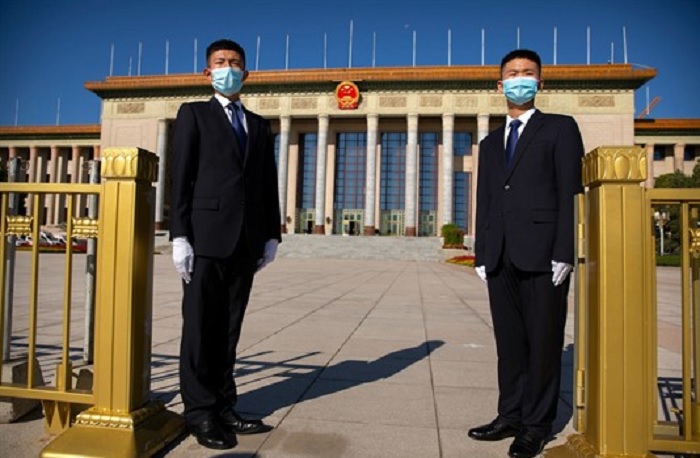
When al-Qaida targeted the centers of American financial and military power on 9/11, it believed that most of the world would welcome seeing the United States knocked down from its perch of power. Whether by accident or by design, Osama bin Laden, al-Qaida’s leader and founder, had formulated his strategy based on an interpretation of classical realist theory, predicting that countries seeking to balance against American hegemony would be disinclined to get involved in any conflict that followed the attacks.
Instead, while the ruins of the World Trade Center and the Pentagon still smoldered, leaders around the world pledged their support to the United States. Its European allies unanimously invoked the mutual defense guarantees in Article 5 of NATO’s founding treaty, choosing to treat 9/11 not as blowback from U.S. interventions in the Middle East, but as an attack on the entire trans-Atlantic community. Though U.S.-China relations had been frosty, due to heightened trade tensions and a brief standoff following a U.S. spy plane’s mid-air collision with a Chinese fighter jet earlier that year, Chinese President Jiang Zemin also pledged Beijing’s full support to Washington’s counterterrorism campaign. Russian President Vladimir Putin, who seemed to have been advised, as bin Laden expected, to refrain from assisting the U.S., instead offered an unprecedented level of cooperation with the Bush administration in combating al-Qaida. Even Iran, which might have welcomed anything that diminished American power, provided logistical support for the U.S. campaign in Afghanistan that ousted the Taliban.
 Eurasia Press & News
Eurasia Press & News

